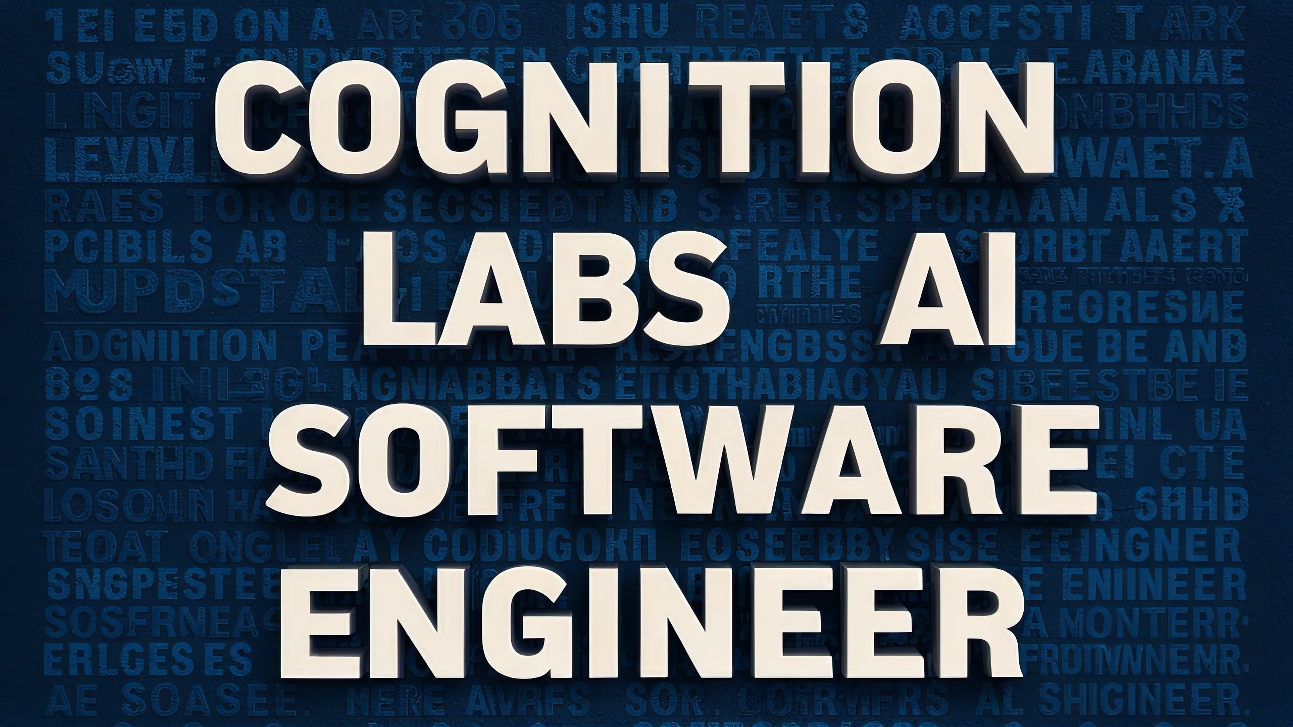
Introducing Devin – The First AI Software Engineer by Cognition Labs
Other AI News
-
Elon Musk’s xAI to Open Source Grok Chatbot, Challenging OpenAI’s Closed-Source Approach
Elon Musk’s AI startup, xAI, is set to open source its chatbot Grok, positioning it as a competitor to ChatGPT, later this week. This announcement comes shortly after Musk initiated legal action against OpenAI, accusing the organization of straying from its original open-source ethos. Grok, which was launched last year to xAI’s premium subscribers, is distinguished by its ability to access real-time information and its disregard for politically correct constraints, available at a subscription fee of $16 per month. Musk’s move to open source Grok aligns with his long-standing advocacy for open-source projects, as evidenced by Tesla’s history of open-sourcing its patents and X (formerly Twitter) open-sourcing some of its algorithms.
The lawsuit against OpenAI has sparked a wider debate within the tech community regarding the value and implications of open-source AI. Critics and supporters alike have weighed in, with notable figures like Vinod Khosla and Marc Andreessen expressing divergent views on the matter. Musk’s legal challenge underscores his critique of OpenAI’s partnership with Microsoft, alleging that it has transformed OpenAI into a closed-source entity primarily focused on profit. By open-sourcing Grok, Musk aims to contribute to the growing list of companies, including Meta and Mistral, that have made their chatbot codes publicly available, reinforcing his commitment to the open-source movement.
-
Reddit’s IPO Valuation Leverages AI Data Licensing for Competitive Edge
Reddit has announced its initial public offering (IPO) price range of $31 to $34 per share, according to a recent S-1 filing. This pricing strategy values the company between $4.93 billion and $5.4 billion, potentially reaching or exceeding $6 billion when including options held by employees and others. This valuation is based on an expected 158.98 million shares outstanding. The company’s IPO plans have drawn significant attention, with its valuation anticipated to be at or above the $5 billion mark, a figure that has been a point of interest given Reddit’s secondary-market trading activity prior to the IPO filing. With $804.0 million in revenue for 2023, Reddit’s valuation multiples range from 6.9x to 8x its revenue, which could increase if investors are willing to pay more than the $34-per-share high-end range after the company’s roadshow.
A key factor in Reddit’s ambitious pricing is its strategy around artificial intelligence (AI), which differentiates it from other social media companies. Reddit has already generated $203 million from licensing its data to AI companies, with contracts allowing third-party access to its vast and constantly growing data pool. This revenue is expected to contribute significantly to its financials, with at least $66.4 million recognized in the year ending December 31, 2024. Reddit’s rich data, derived from its extensive user interactions and content creation, is highly valuable for training large language models (LLMs), making it an attractive asset for AI companies. Despite some user concerns about AI, Reddit’s ability to monetize its data positions it as a potential side bet on the AI industry itself, suggesting a promising future for the company.
-
Nijta: Pioneering Voice Anonymization for AI Privacy Compliance in Europe
Nijta, a French startup based in Lille, is addressing the growing concern over voice privacy in the era of artificial intelligence (AI) with its AI-powered speech anonymization technology. Recognizing that voice recordings can reveal personally identifiable information, including emotional state and potential health issues, Nijta aims to assist companies in complying with stringent privacy laws like Europe’s GDPR. This is particularly relevant as many organizations seek to leverage voice data for AI development but must first strip away biometric details to protect individual privacy. Founded by Indian CEO Brij Srivastava, Nijta emerged from the Inria Startup Studio program and has secured €2 million in funding from sources including Elaia and Finovam Gestion. The startup focuses on the European market due to the robust data privacy regulations enforced by GDPR.
Nijta’s technology finds applications across various sectors, notably in call centers handling health data and educational technology where children’s voices need anonymization. One of its early projects, OkyDoky, aimed at improving medical emergency call handling, underscores the necessity of voice anonymization in sensitive AI applications. The startup also emphasizes the security of its content through watermarking and claims its voice protection is irreversible, addressing the inadequacies of some media outlets’ attempts at anonymizing voices. While initially focusing on B2B clients in Europe to mitigate the risk of GDPR fines, Nijta plans to expand into B2C markets, exploring real-time anonymization for secure communication. Despite its small team, Nijta is supported by Business France and the Hauts-de-France region, facilitating its international expansion efforts and reinforcing its commitment to voice privacy in AI use cases.
-
Applied Intuition Secures $250M Series E, Valued at $6B for AI-Driven Autonomous Vehicle Tech
Applied Intuition, a company specializing in autonomous vehicle software, has successfully raised $250 million in a Series E funding round, bringing its valuation to $6 billion. This significant investment underscores the growing interest in artificial intelligence (AI) applications across various sectors, including automotive, defense, construction, and agriculture. The funding round was led by Lux Capital, investor Elad Gil, and Porsche Investments Management, with participation from Andreessen Horowitz, Bond, and Formula 1 world champion Nico Rosberg, among others. This influx of capital is earmarked for the company’s most ambitious projects, aiming to advance without compromising its culture.
Founded in 2017, Applied Intuition offers software solutions that aid in the development of autonomous vehicles (AVs) by providing simulations for testing perception and vehicle behavior systems, as well as managing the extensive data involved in AV development. The company’s CEO, Qasar Younis, emphasizes their goal to be the first call for companies facing software or AI challenges in the AV space. Applied Intuition boasts collaborations with 18 of the top 20 automakers, including General Motors, Toyota, and Volkswagen, as well as partnerships with autonomous vehicle startups and defense contracts. This new funding round arrives amid heightened scrutiny of autonomous vehicle development but reflects the undiminished enthusiasm for AI’s potential to revolutionize vehicle production and safety.
-
Tavus Secures $18M for AI-Driven Personalized Video Creation, Expanding Face and Voice Cloning Capabilities
Tavus, a generative AI startup, has secured $18 million in Series A funding to expand its technology that enables companies to create digital replicas of individuals for personalized video campaigns. This round was led by Scale Venture Partners, with contributions from Sequoia, Y Combinator (YC), and HubSpot. Tavus’ technology allows for the cloning of voices and faces, offering a scalable solution for sales and marketing teams to send personalized videos to prospects or for product teams to create customized onboarding videos. The startup is now opening its platform to third-party integrations, allowing companies to automate personalized video creation by connecting Tavus with systems like Salesforce or Mailchimp.
Tavus distinguishes itself in the generative AI space by focusing on video, a medium poised for significant growth with advancements in AI technology. The company works with notable clients, including Salesforce and Meta, to enhance B2B customer engagement through personalized demo videos. Tavus operates as a SaaS application, where customers can create AI video templates. The process involves recording a short video, which is then used to train the AI for creating personalized content. With the new funding, Tavus aims to further develop its technology, including a new model called “Phoenix” for creating more realistic digital replicas from minimal training data. This development underscores the potential for generative AI to revolutionize video content creation, despite the challenges of ensuring ethical use and preventing misuse in the creation of deepfakes.
-
Pienso Raises $10M Series A to Democratize AI Model Training with No-Code Platform
Pienso, a platform developed to simplify AI deployment by enabling users to build and deploy models without coding, is gaining attention in the tech industry. Founded in 2016 by MIT alumni Birago Jones and Karthik Dinakar, Pienso emerged from the founders’ research efforts to create tools that would allow subject-matter experts to effectively train AI models. This initiative was sparked by a project aimed at moderating social media content, which highlighted the importance of training AI with accurately labeled data. Pienso is designed for non-technical professionals such as researchers, marketers, and customer support teams, providing them with the tools to structure and analyze large datasets for AI training.
Pienso’s platform guides users through the process of annotating training data for both open source and custom AI models, offering a no-code interface that can be deployed in the cloud or on-premises. It integrates with enterprise systems through APIs but can also function independently to ensure data security. Notable users include Sky, the U.K. broadcaster, and an unnamed U.S. government agency. Pienso operates on a yearly licensing model based on the number of AI models deployed, encouraging experimentation and adaptation to specific business needs. Having raised $10 million in a Series A funding round, bringing its total funding to $17 million, Pienso plans to expand its sales, marketing, and customer success teams, recruit engineering talent, and develop new platform features. This approach to democratizing AI, by empowering domain experts to leverage their data, positions Pienso as a promising tool for building smarter, application-specific AI models.
-
Deepgram Launches Aura: Real-Time Text-to-Speech API for Conversational AI Agents
Deepgram, known for its expertise in voice recognition, has introduced Aura, a new real-time text-to-speech API designed to empower developers to create conversational AI agents. These agents, supported by large language models (LLMs), are intended to function as customer service representatives in various customer interaction scenarios. Aura distinguishes itself by offering highly realistic voice models that operate with exceptionally low latency, achieving human-like voice outputs in less than half a second, all at a competitive price point.
Scott Stephenson, co-founder and CEO of Deepgram, emphasized the challenge of balancing high-quality voice models with the need for rapid response times and cost-effectiveness. Aura aims to meet these demands by providing accuracy, low latency, and affordability, which are crucial for businesses, especially considering the costs associated with accessing LLMs. With pricing set at $0.015 per 1,000 characters, Aura is positioned as a cost-effective solution compared to similar offerings from Google and Amazon. The platform currently offers around a dozen voice models, all developed in-house and trained with datasets created in collaboration with voice actors. Deepgram’s focus on building a robust underlying infrastructure over four years has culminated in the release of Aura, showcasing the company’s commitment to delivering high-speed, accurate, and affordable voice AI solutions.
-
Empathy Raises $47M to Enhance Bereavement Support with AI and Human Guidance
Empathy, a startup offering a platform to assist individuals through the bereavement process, has secured $47 million in Series B funding to expand its services. The platform, which serves around 40 million users, combines AI and human guidance to help users manage the numerous tasks associated with the death of a loved one, from funeral arrangements to financial settlements. The funding round was led by Index Ventures, with participation from several major insurance companies, including MassMutual Ventures, MetLife, New York Life, Securian, and Sumitomo. Empathy primarily operates through a B2B2C model, offering its services via employers or insurers, which account for 99% of its business.
Empathy’s platform provides a mix of counseling services, AI for writing obituaries, and tools to automate the closure of the deceased’s online accounts and manage complex financial affairs. The company plans to use the new funding to enhance its tools and further its mission to redefine bereavement care. Founded in Israel and focusing on the U.S. market, Empathy has raised a total of $90 million to date. The company’s valuation is approaching $400 million, according to sources close to the company. With the pandemic highlighting the importance of bereavement services, Empathy aims to leverage AI to streamline the practical aspects of bereavement, maintaining a human team for emotional support while using technology to handle organizational tasks more efficiently.
-
UG Labs Secures $7M to Bring Conversational AI to Children’s Gaming
UG Labs, based in Tel Aviv, Israel, has successfully raised $7 million in funding to integrate conversational AI and voice interactivity into children’s games. This funding round, led by Amiti Venture and MoreVC, with contributions from Mediatek and private investors, aims to revolutionize game design by incorporating proprietary algorithms and data for voice interactivity and conversational AI. UG Labs’ technology, embedded within its game engine, facilitates open-ended conversations with non-player characters, dynamically influencing gameplay and offering a more immersive and engaging experience for young users and their families.
The core of UG Labs’ innovation lies in its automated speech recognition (ASR) and large language models (LLMs), designed to improve over time and become more adept at understanding speech, particularly in children whose speech patterns and language command are still developing. This personalized approach to speech recognition represents a significant advancement in inclusivity, ensuring that children who are typically less understood by conventional models will now have a better interaction experience. By focusing on narrative safety and understanding the nuances of children’s conversations, UG Labs is setting a new standard in creating safe, engaging, and interactive gaming experiences for kids.
-
DoorDash Enhances Platform Safety with AI-Driven ‘SafeChat+’ to Combat Verbal Abuse
DoorDash has introduced “SafeChat+,” an AI-powered feature designed to mitigate verbal abuse and inappropriate interactions within its platform. This new tool automatically screens in-app conversations between customers and delivery personnel (Dashers) for offensive language, offering mechanisms for reporting and addressing incidents of harassment. SafeChat+ enables customers to report abuse and contact DoorDash’s support team, while Dashers can cancel orders without affecting their ratings if they encounter abuse. The AI system sends warnings to users who use inappropriate language, analyzing over 1,400 messages per minute across multiple languages, including English, French, Spanish, Portuguese, and Mandarin. All incidents identified by the AI are investigated by DoorDash team members.
This feature builds on the existing SafeChat tool, enhancing DoorDash’s Trust & Safety team’s capabilities to detect subtle nuances and threats beyond specific keywords. DoorDash aims to significantly reduce the number of safety incidents on its platform with SafeChat+, noting that verbal abuse or harassment is the most common type of safety incident. The company reports that over 99.99% of deliveries are completed without safety-related incidents. Additionally, DoorDash offers “SafeDash,” an in-app security toolkit connecting Dashers with ADT agents who can assist in emergencies by sharing location and other relevant information with 911 services.
-
Locus Robotics: Mastering Warehouse Automation with a Software-First Approach
Locus Robotics, known for its autonomous mobile robots (AMRs) that are a staple in warehouses, emphasizes its identity as a software company at heart, according to CEO Rick Faulk. Despite the hardware’s visibility, it’s the software, particularly the fleet management software and the newly announced LocusHub Engine, that Faulk believes truly distinguishes Locus in the competitive field of warehouse automation. LocusHub Engine, unveiled at the Modex supply chain show, aims to optimize warehouse operations by analyzing data collected by the robots to predict and improve workflow efficiency.
The company’s journey began as a response to Amazon’s acquisition of Kiva Systems, which left many companies, including Quiet Logistics (Locus’s predecessor), seeking alternative robotic solutions for warehouse automation. Locus has since established itself as a market leader, not by diversifying its product line but by refining and expanding upon its core offering of tote-transporting AMRs. This focus has allowed Locus to thrive, especially during the pandemic when the demand for warehouse automation surged. Despite a recent minor staff reduction, Locus continues to invest in research and development, exploring technologies to further automate warehouse operations without immediately jumping on trends like humanoid robots, which Faulk views as years away from practical application.
Locus Robotics’ success story underscores the importance of focusing on what works and meeting the evolving needs of its clients. By concentrating on enhancing its software capabilities and gradually improving its robotic fleet, Locus has managed to stay ahead in a rapidly growing and changing industry.
About The Author

Bogdan Iancu
Bogdan Iancu is a seasoned entrepreneur and strategic leader with over 25 years of experience in diverse industrial and commercial fields. His passion for AI, Machine Learning, and Generative AI is underpinned by a deep understanding of advanced calculus, enabling him to leverage these technologies to drive innovation and growth. As a Non-Executive Director, Bogdan brings a wealth of experience and a unique perspective to the boardroom, contributing to robust strategic decisions. With a proven track record of assisting clients worldwide, Bogdan is committed to harnessing the power of AI to transform businesses and create sustainable growth in the digital age.
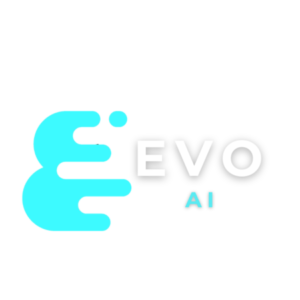



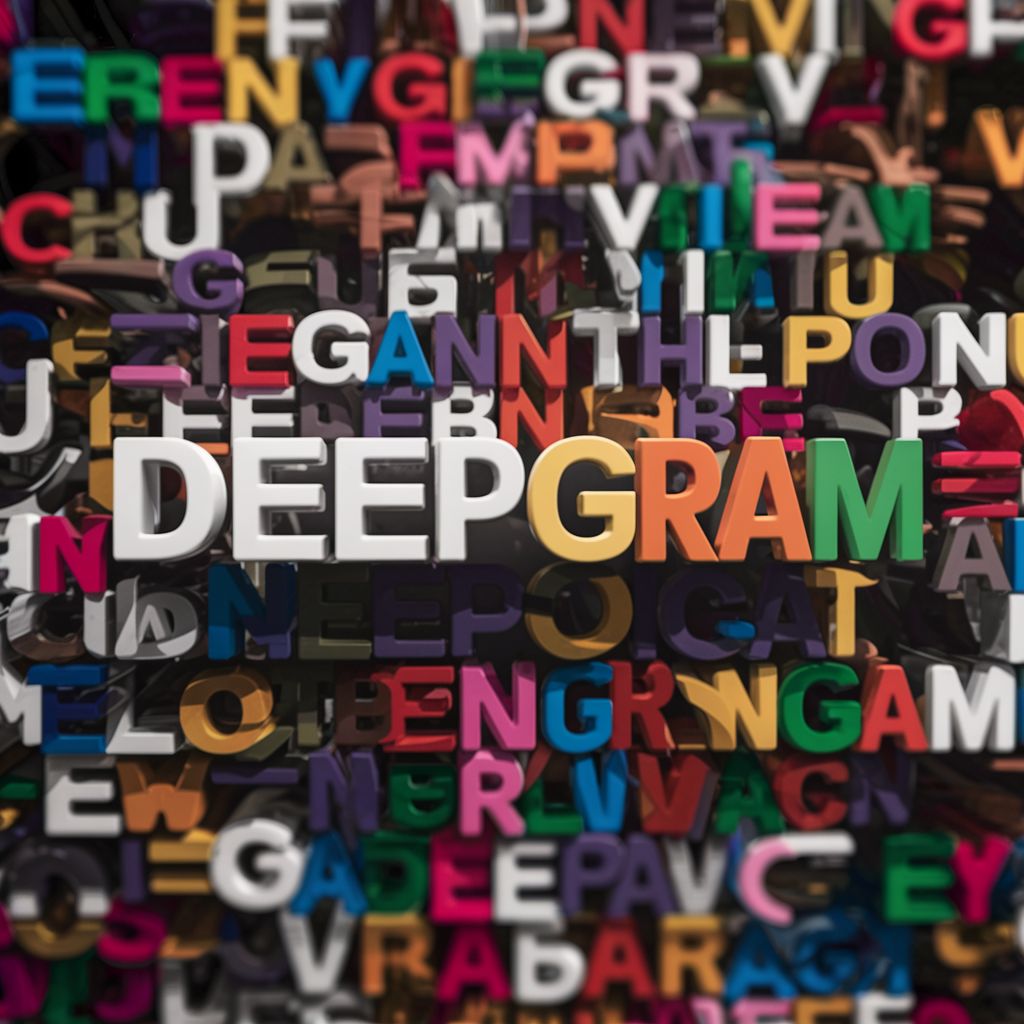

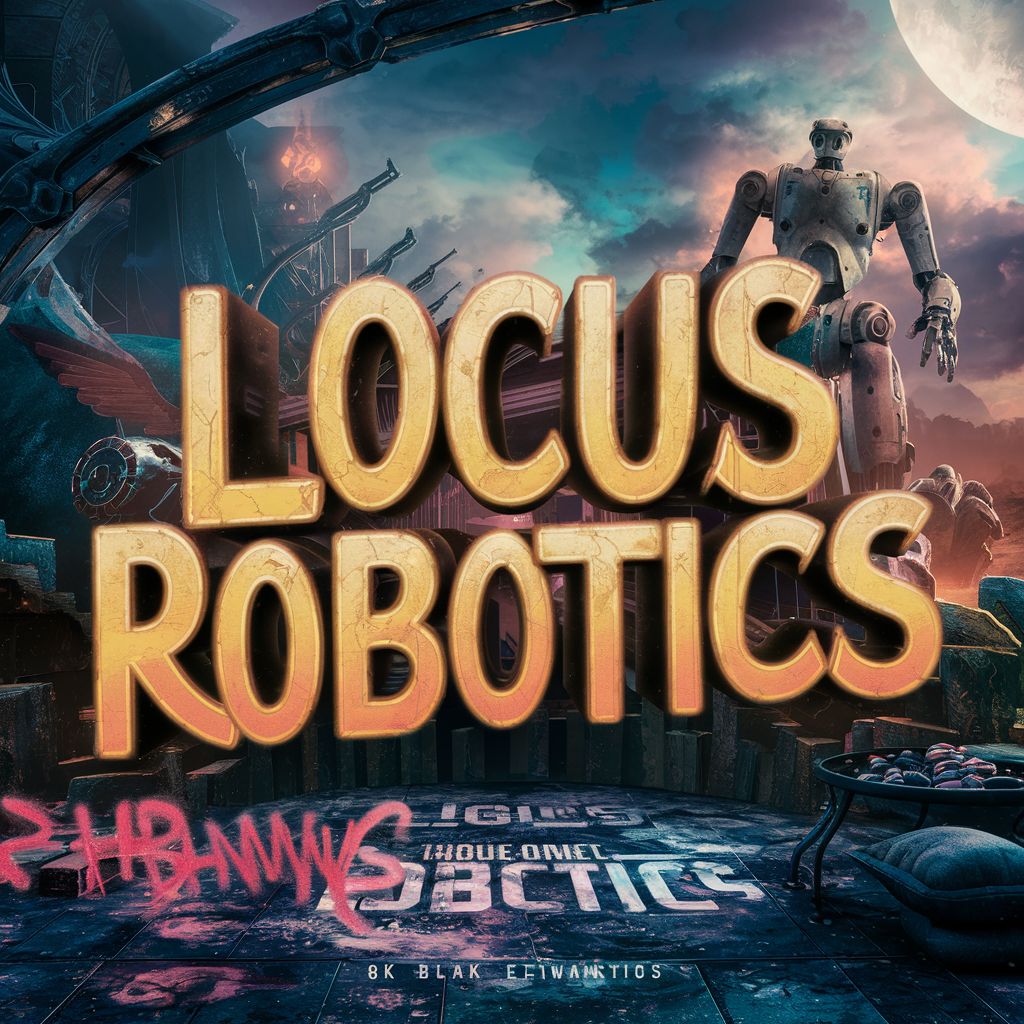
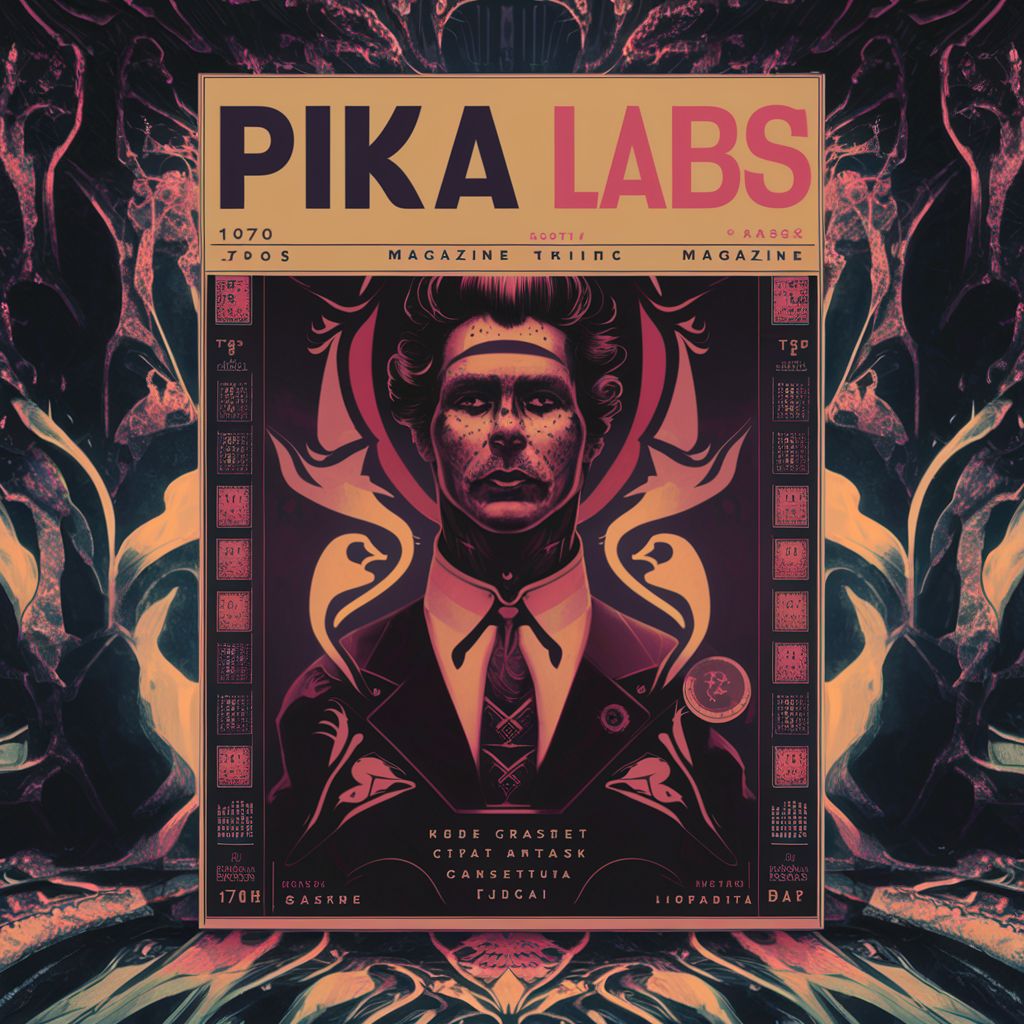
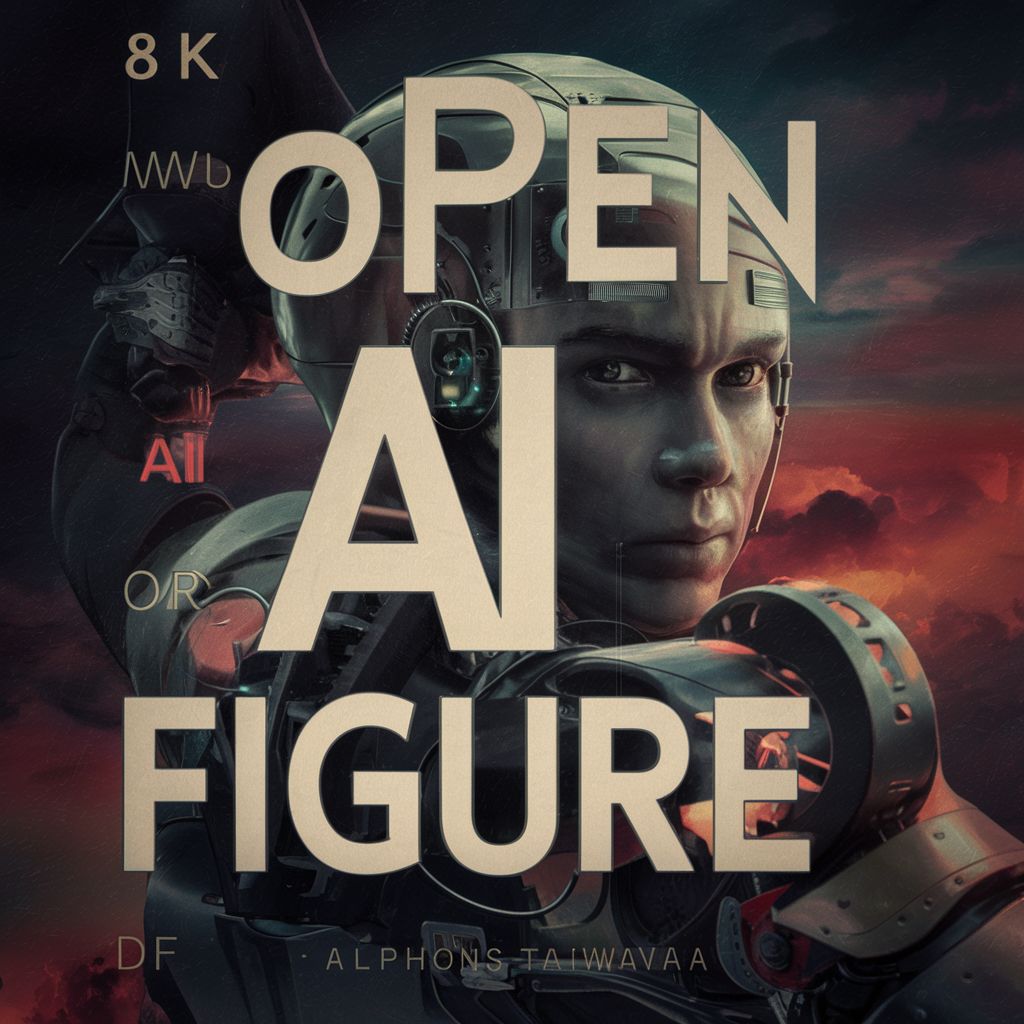
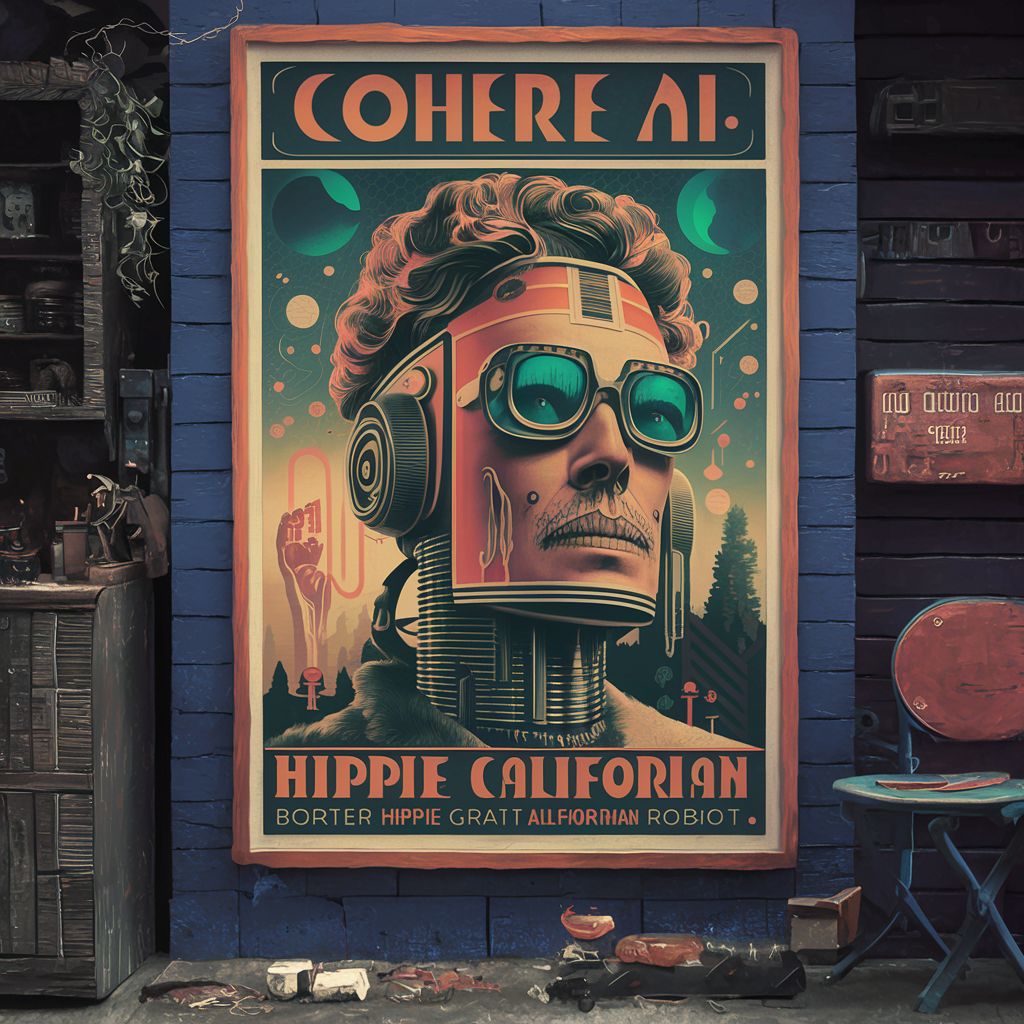

Leave A Comment